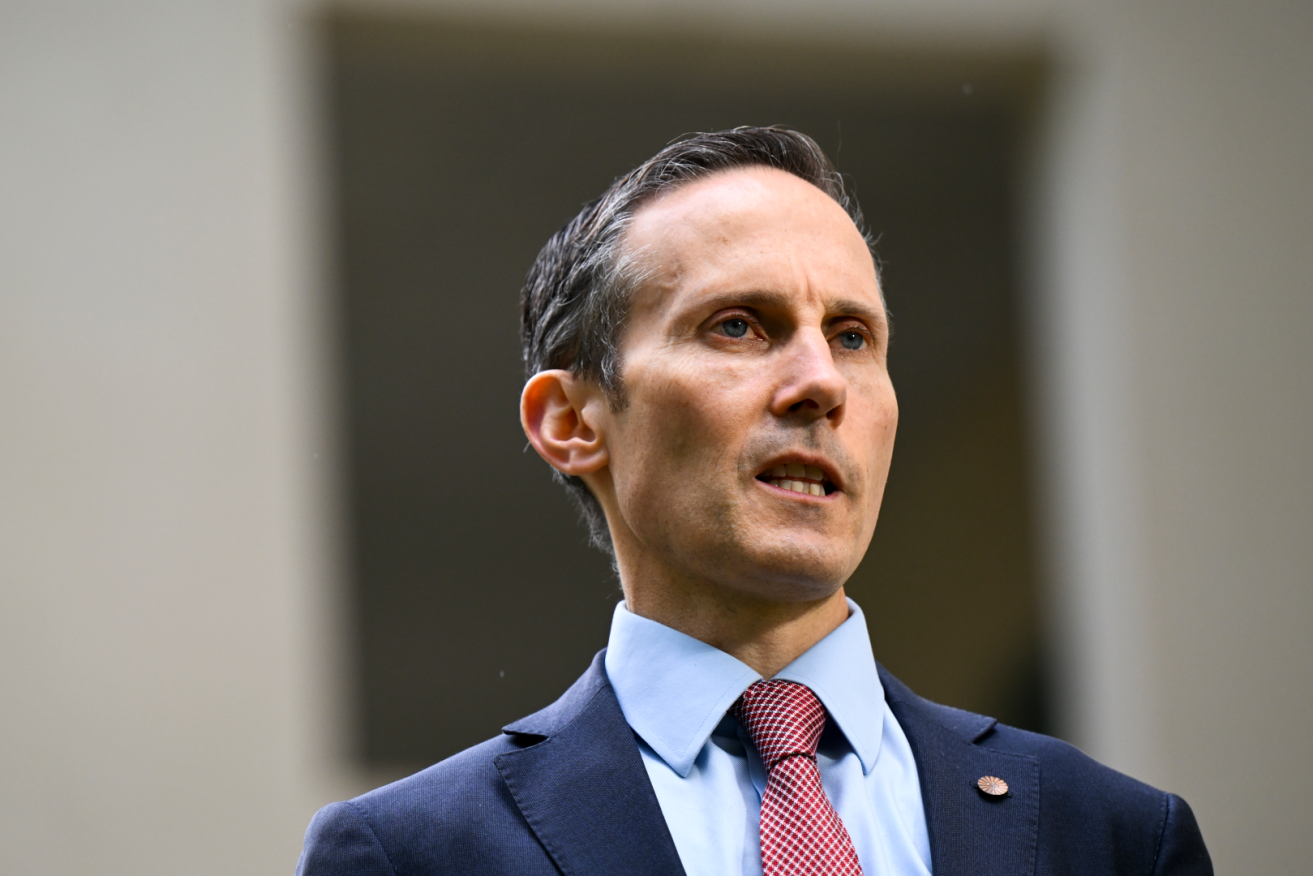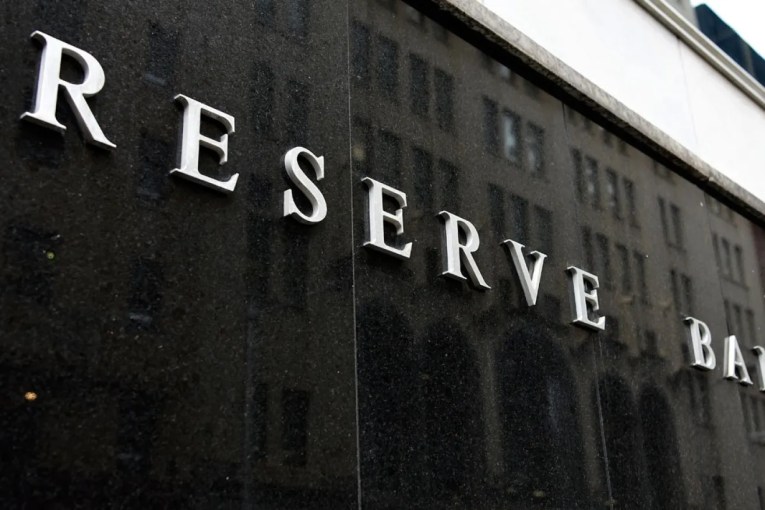Monopolies make RBA’s inflation battle tougher, Leigh says


Andrew Leigh says monopoly power is making it harder for the RBA to curb inflation. Photo: AAP
Lacklustre competition between big companies could be making the Reserve Bank’s battle against inflation harder, the Competition Minister Andrew Leigh says.
Recent overseas research indicated monopolies were less responsive to higher rates when they set prices because their market power limited the effect of easing demand on their bottom lines, Dr Leigh said on Wednesday at the Australian Conference of Economists in Brisbane.
Monopoly power could also be constraining wage growth because big employers were able to continue hiring in an otherwise tight jobs market without increasing wages as much, he said.
“Over recent decades, Australia has seen a rise in market concentration and markups, and an increase in monopsony power,” Dr Leigh said.
“Our biggest firms have more power to push prices up, and to keep wages down.”
Competition and interest rates
Dr Leigh cited two recent international economic studies as evidence for his view.
The first is a paper from May that examined 14 advanced economies and found markups – the gap between cost and price – are much larger in countries where competition between companies is lacking.
In cases where competition is lacklustre, companies are more able to continue price growth in the face of easing demand from rate hikes.
Basically, higher interest rates help to curb inflation because they constrain the ability of families to purchase goods and services.
In theory that makes it more costly for businesses to continue increasing prices because they would miss out on more sales.
But the authors of the study cited by Dr Leigh found companies that had market power to maintain large markups were less likely to change their pricing behaviour in response to higher interest rates, meaning central banks might need to work much harder to curb inflation.
That could mean higher interest rates than would otherwise be necessary, Dr Leigh said.
“It weakens the transmission of monetary policy,” he said.
“Companies with high markups are less likely to respond to interest rate changes, putting the burden on to young, low mark-up firms.”
A 2019 study commissioned by the Department of Industry, Innovation and Science found market concentration has increased in Australia.
Sectors that are concentrated in Australia include telecommunications – which is dominated by Telstra, Optus and TPG – and utilities, where Energy Australia, Origin and AGL dominate.
Indeed APAC economist Callam Pickering said there had been speculation about whether the concentration of major industries in Australia had led to higher and more persistent inflation after COVID.
“If one of the monetary policy transmission mechanisms becomes less potent then the burden must fall on other channels,” Mr Pickering said.
“In Australia, if the corporate sector is less sensitive to monetary policy, that means a greater burden would fall on Australian households who – because of the high level of household debt – are particularly sensitive to changes in monetary policy.”
Market power and wages
The second study cited by Dr Leigh examined the same themes but from the perspective of the jobs market, arguing that big employers were able to use their market power to limit wages growth.
They used data from online job ads in the US to examine whether places where businesses had a lot of market power experience lower wage growth.
Typically, when unemployment is low, economic theory suggests that wages growth should rise faster because workers are in a stronger negotiating position to demand higher pay rates for labour.
But in cases where a few large businesses dominate the jobs market, data indicates that workers can be hired without such wage increases, weakening the relationship between jobs and pay.
That’s important for monetary policy because it suggests that unemployment may need to rise higher than otherwise to achieve a targeted reduction in inflation – hurting working people.
‘Why we should worry’
Amid warnings from the RBA that the jobless rate will spike in the next year, Dr Leigh said if there was healthier competition between businesses then unemployment could remain much lower.
“Insiders often argue that Australia doesn’t have a competition problem – that an economy dominated by a few big firms is just a fact of life Down Under,” he said.
“But these new studies point to another powerful reason why we should worry. It is in the national interest for monetary policy to be effective.
“If a lack of competition makes monetary policy less effective, then this can have both efficiency and equity costs – impeding growth and harming fairness.”
Mr Pickering said monopsony power (where there was only one buyer) was one of “many reasons” that wage growth had become less sensitive to changes in the jobless rate in Australia, with growth in pay packets stubbornly low in the past decade.
“Certainly much lower than you’d expect based on the historical relationship between wage growth and the unemployment rate,” he said.
“Large corporations using their market power to keep wages low and in-check could certainly be a contributing factor to Australia’s persistently low wage growth over the past decade.
“Although by no means [is it] the only factor.”








